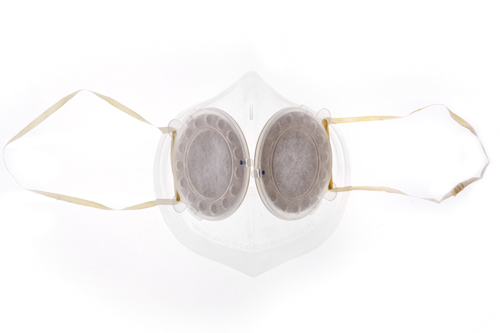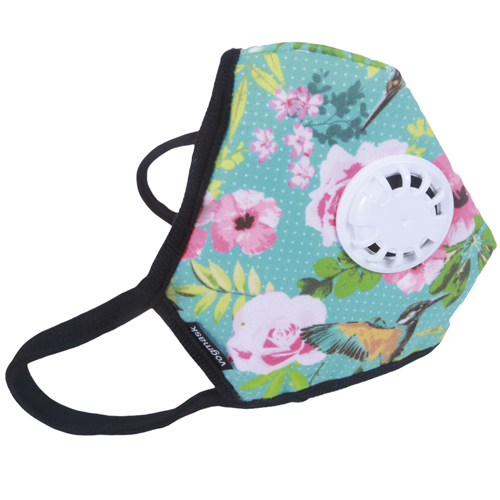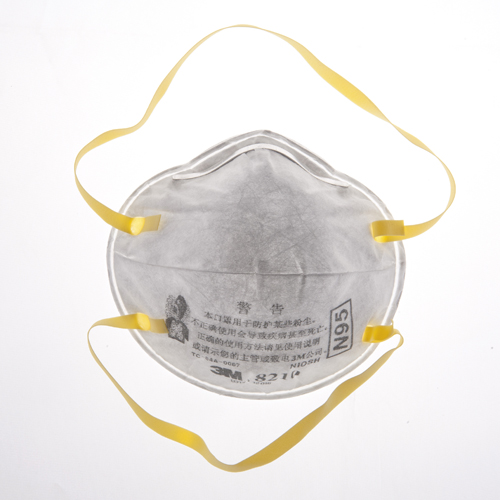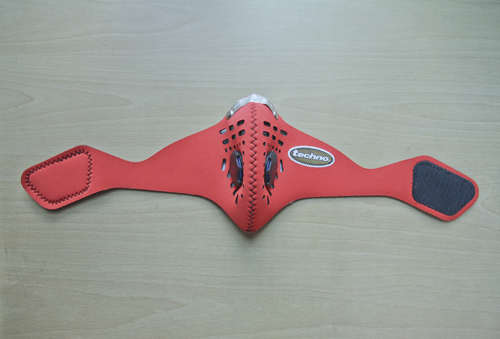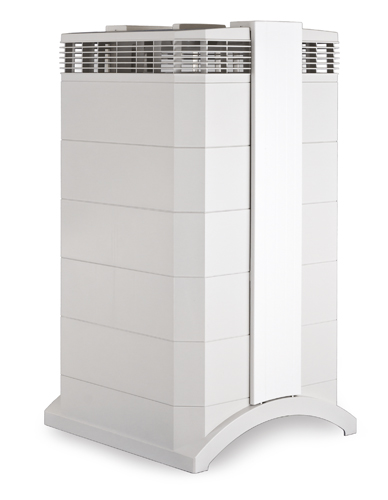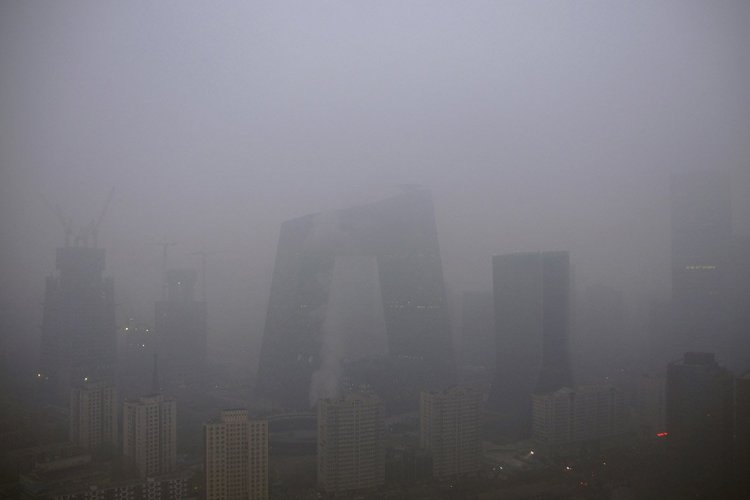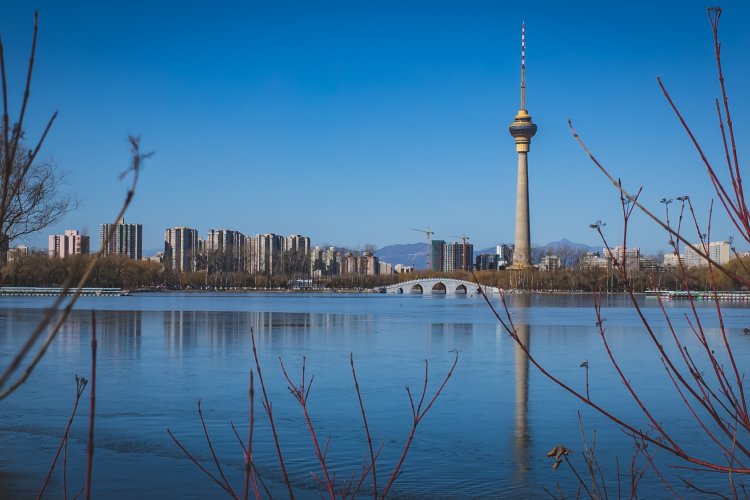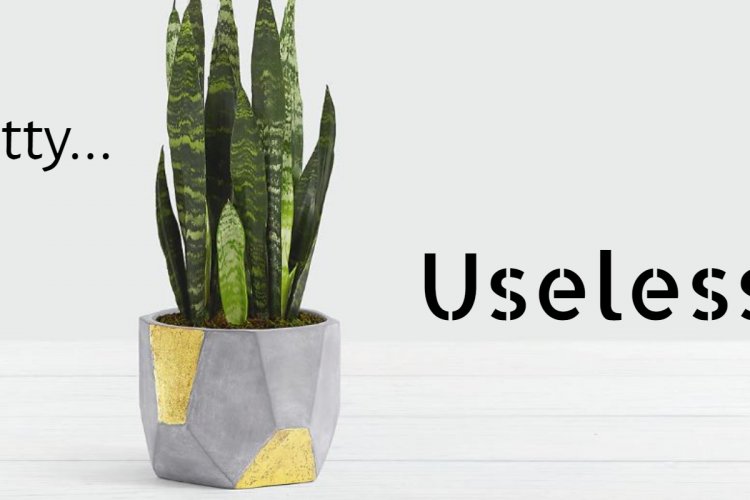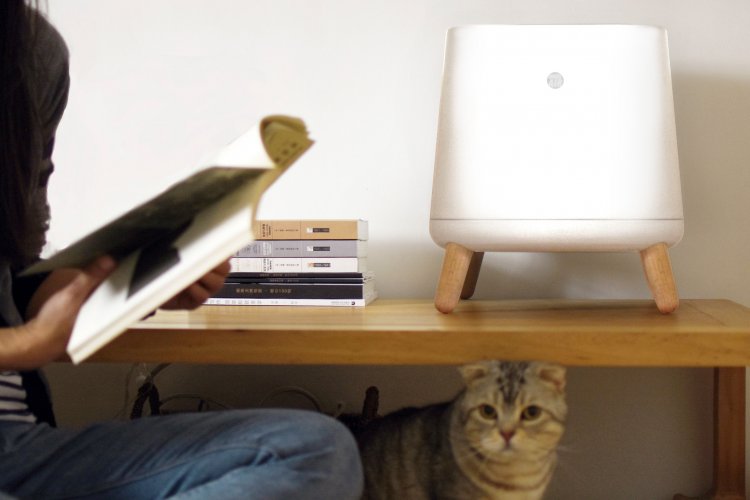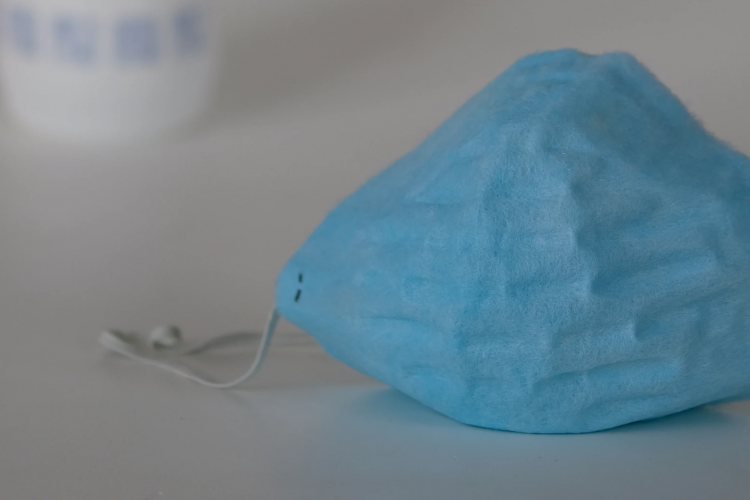The best app you can have to the AQI near you is from aqicn, that's also from them we get the widget on the website 
And for the air purifiers, the xiaomi air is as good as any very expensive brand (it's a copy of a japanese model after all), but much cheaper, even with aqi at almost 600 outside it's under 100 in my apartment (with loose windows).

